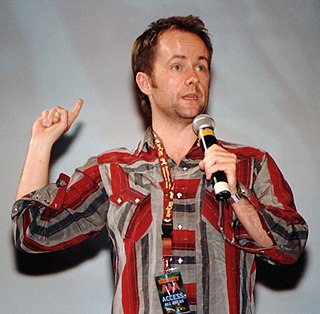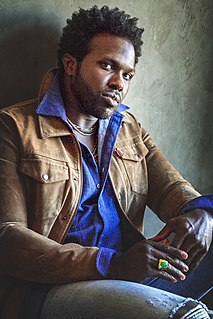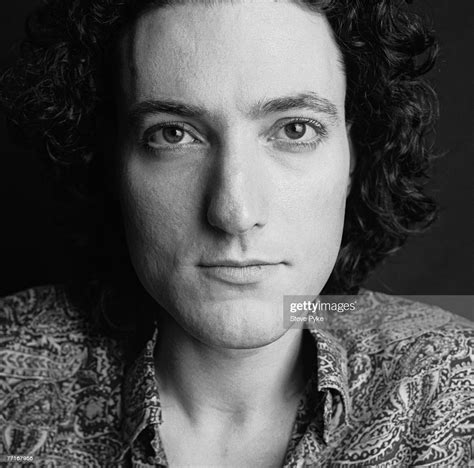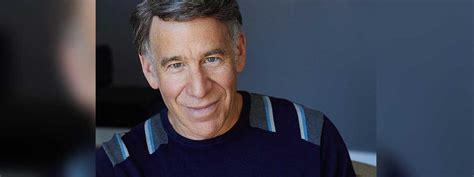A Quote by Iain Banks
I don't really do themes. I might accidentally, but themes are an emergent phenomena of the writing of the book, of just trying to get a story out there.
Related Quotes
I never really approach any project or story thinking of themes first or what a certain character 'represents.' Maybe other writers do, but for me, it just starts with the characters and a certain emotion I want to convey. It usually isn't until I get deeper into a book and look back a bit that I start to see the themes, etc.
I wasn't into Tolkien at school really. But the story is timeless, the themes that it touches on are contained in cultures all around the world. The innocent on a quest, the pretender, an inanimate object that holds evil - it's really strange that these themes are there in so many different countries' folklore.
We learnt a lot because we got in with real choreographers who tell you what they need from a song, because a song has to advance the story. Then real directors like Mike Nichols tell you where you can have 'B themes' and 'C themes', and we go oh yes, B themes and C themes! So we were taught in the finest school amongst the finest people. And also by the school of experience.
I'm not sure if a writer should talk about themes. Themes arrive out of the deeper structure and concerns, but to me, the main thing is getting it down right, writing about specific characters in specific predicaments, and finding a way to be true to the story itself, not only in the first burst of draft but in the revision, too.
Introduce your main characters and themes in the first third of your novel. If you are writing a plot-driven genre novel make sure all your major themes/plot elements are introduced in the first third, which you can call the introduction. Develop your themes and characters in your second third, the development. Resolve your themes, mysteries and so on in the final third, the resolution.
Everyone's got something that they've held onto from their childhood or from a past relationship, someone who's told you what you are, and it's leaving all that behind and living a happy life and realizing that a lot of that is inside you - really uncovering that. The story - those themes - are heavy themes that everyone can connect to.
If somebody asks me about the themes of something I'm working on, I never have any idea what the themes are. . . . Somebody tells me the themes later. I sort of try to avoid developing themes. I want to just keep it a little bit more abstract. But then, what ends up happening is, they say, 'Well, I see a lot here that you did before, and it's connected to this other movie you did,' and . . . that almost seems like something I don't quite choose. It chooses me.
This book, 'Free bird', is so entangled with politics. I wanted to channel my own internal political monologue in some way to get it out of my brain. I'm not happy that the themes of the book have become more relevant as the publication date nears. Most of it was written in 2014 or so, before the whole Donald Trump thing began. As people paying attention know, the rise of Trump and Trumpism is not an aberration or sudden kind of phenomena.






































